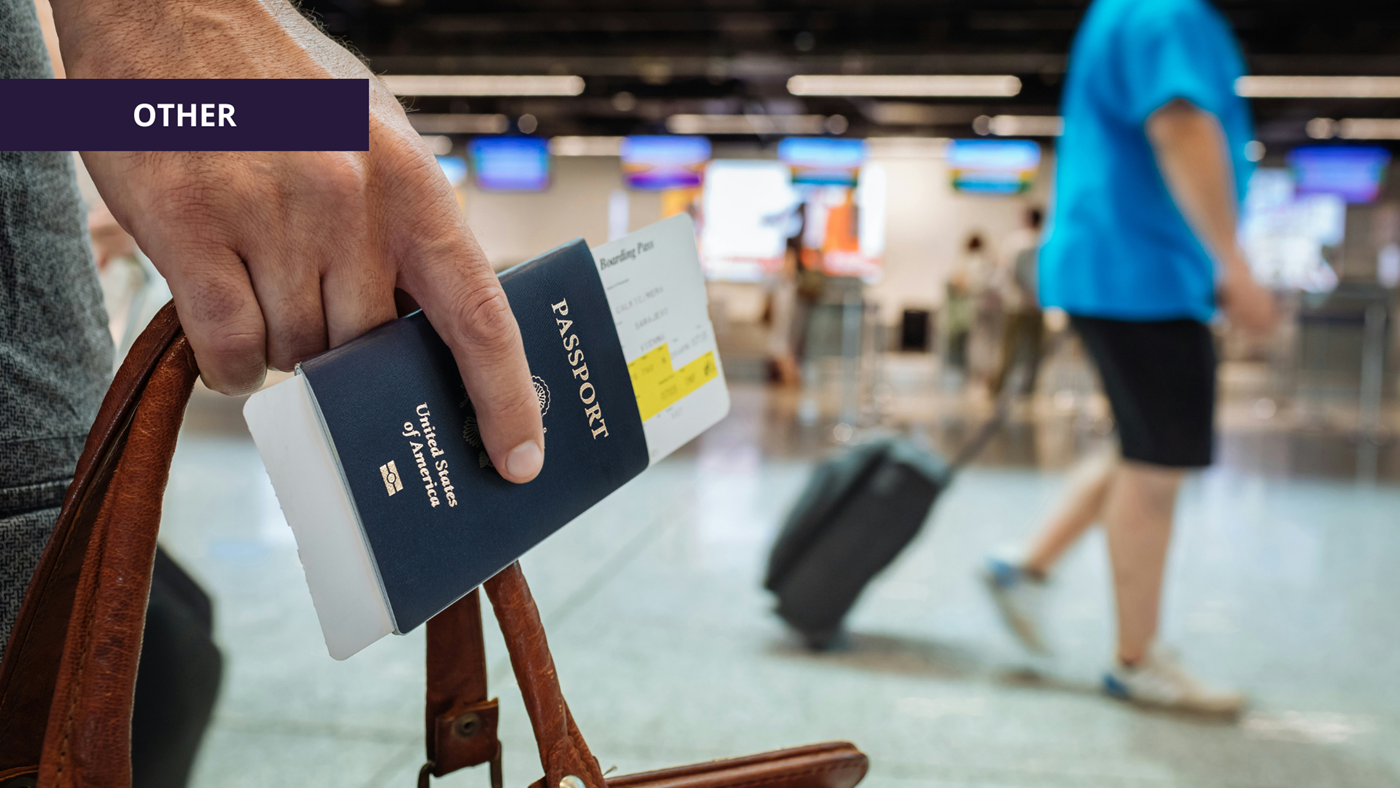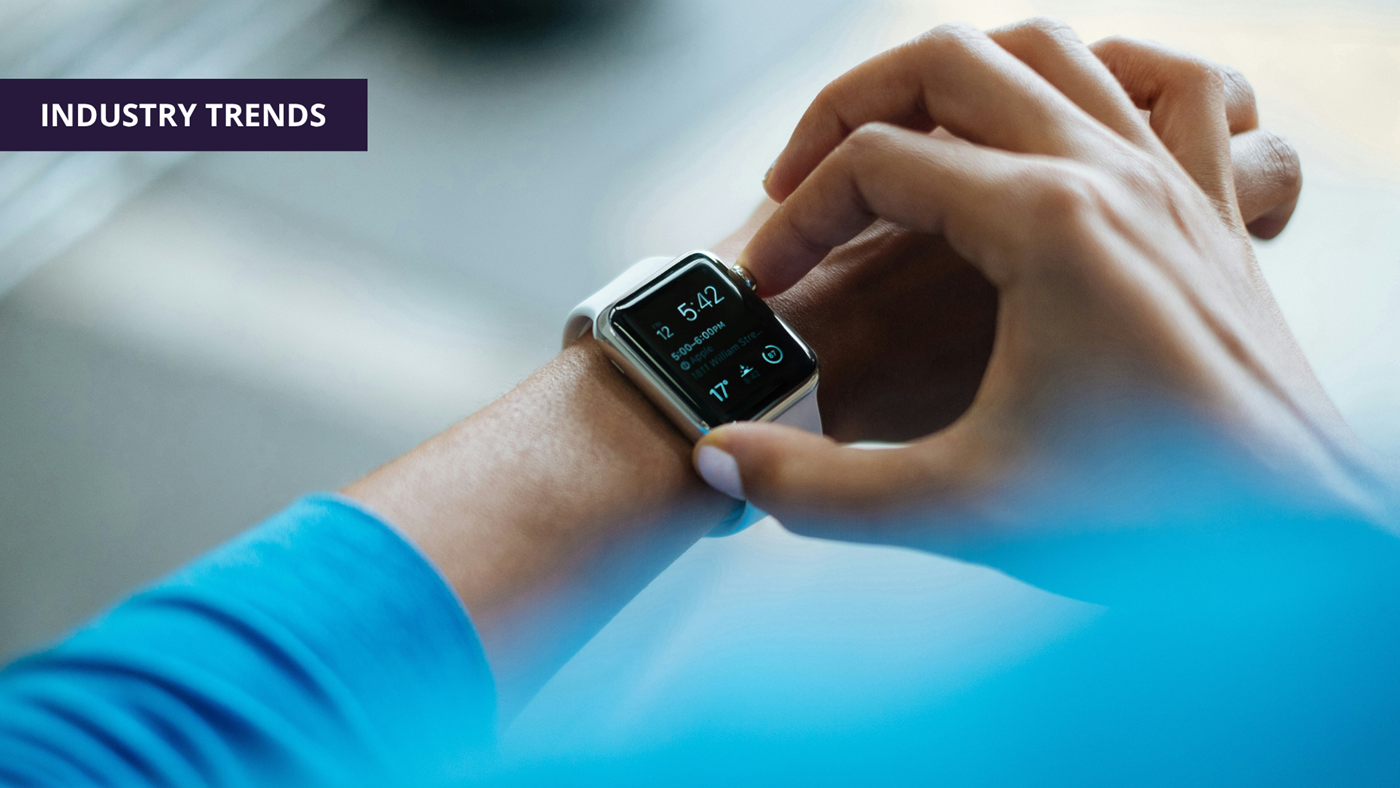Reading Time: 4 min.
The first blog in a 3-part series by our CEO Cory Kwarta
Cory Kwarta | 19 February, 2024
Lesson 1. Sinking Yourself Into the Environment Impacts How You See it
After reflecting on the (business) trip of a lifetime, I started blogging the lessons learned after stepping
outside of my comfort zone and into the lifestyle and culture of others. To begin this three-part blog series,
let me describe the purpose of the trip and the setting.
The trip planning started after my having to make some tough decisions in our portfolio that impacted our
employees, not the least of whom were those in Italy. I decided that I needed to spend some time there – time
not only to be present but to be available to answer questions, to simply get to know the team, and let them
know me.
I brought my family along since the kids were out of school. While I worked, they had a chance to explore
countries they had not even begun thinking about visiting yet. After four weeks of my family’s exploration and
my working with the team in Italy, we were afforded a week of family vacation in Portugal. Reflecting on these
five weeks, I cannot believe what an amazing experience it was for both my professional and personal learning,
the rich experiences for my family, and how fascinating our global culture remains.
I planted myself in Cuneo, Italy, in the Piedmont region of Northern Italy. Renowned for its famous white
truffle, the region is also proud of their wine, cheese, and broader cuisine than other areas of Italy.
Each restaurant owner or server will tell you why the micro-climate in their valley makes the meat,
vegetables, and fruit ‘just a little bit better’ than those in the neighboring town. The landscapes are
stunning with the Alps seemingly surrounding the city with gorgeous landscapes in every direction. Cuneo is
home to one of our two primary locations in Italy, and the location in which Swisslog Healthcare produces much
of our pharmacy automation solutions supported around the globe. Cuneo is a city of roughly 50,000 people
(about half the size of a typical suburb in the US), but feels highly populated due to the density in a small
geographic area. This is where many of our employees live and work.
A significant portion of the population lives and works in a very small area in the Cuneo city center, with
businesses scattered around the outskirts of the city that is not more than about a four square mile area.
Italian is, of course, the primary language, and French is the next most common given the shared border,
historic trade, and European tourism in the area. And while English is taught in most schools, I did not find a
single instance where English was used outside of a business necessity such as a bridge between those that
spoke only Italian, or only French, or when this awkward American was fumbling about.
While I could have opted to stay in a hotel where people were used to dealing with at least some form of
visitor, I chose to rent an apartment for the month in an effort to immerse myself in the life of someone who
lives and works in Cuneo. I wanted to understand. I wanted authenticity.
While apartment living made our stay more challenging, I wouldn't have done it any other way because I
learned so much. This was a form of forced immersion, and it also allowed me to get a closer look at what people
really valued outside of work. I would have never gotten this with a prepared breakfast, a happy hour cocktail,
and turn-down service.
Initially, I saw a culture that moves at a slower pace, and upon departing, I saw a culture that intentionally
takes its time to ensure each step of the process is done as well as it can or should be done. Sinking myself
into the daily life of the Italians in Cuneo helped me to better understand the work-life balance that these
team members seek as Swisslog Healthcare employees. Upon my arrival, I had questions about how our work was
being prioritized, and while my job is to continuously challenge our team to focus on prioritized initiatives,
I now have a more empathetic perspective of what these team members do on a daily basis. This clarity leads to
improved corporate culture. In no way are my experiences and observations meant to categorically describe the
city or the people; rather, they can serve as a look through my eyes and take-aways from my experiences.










